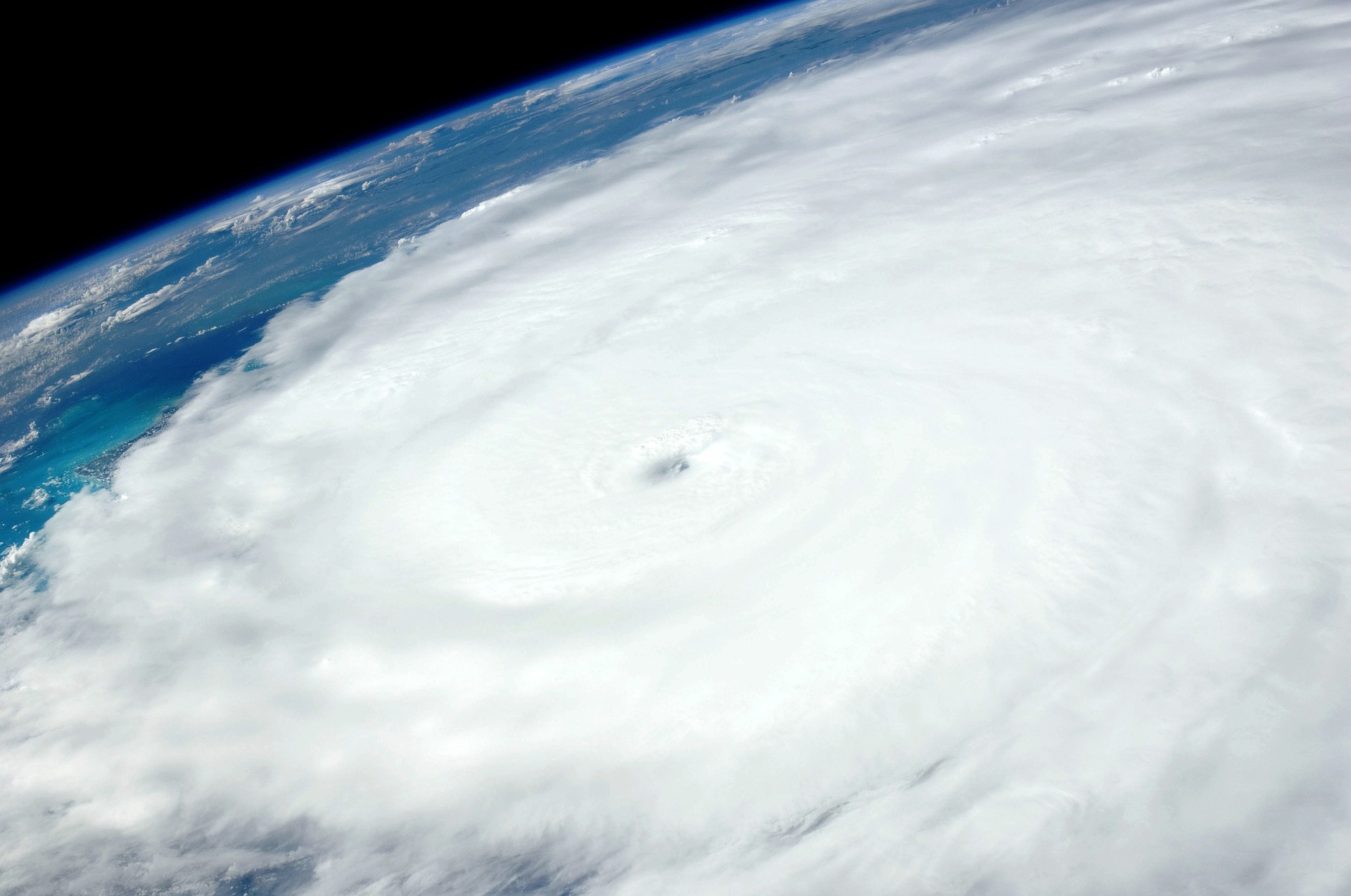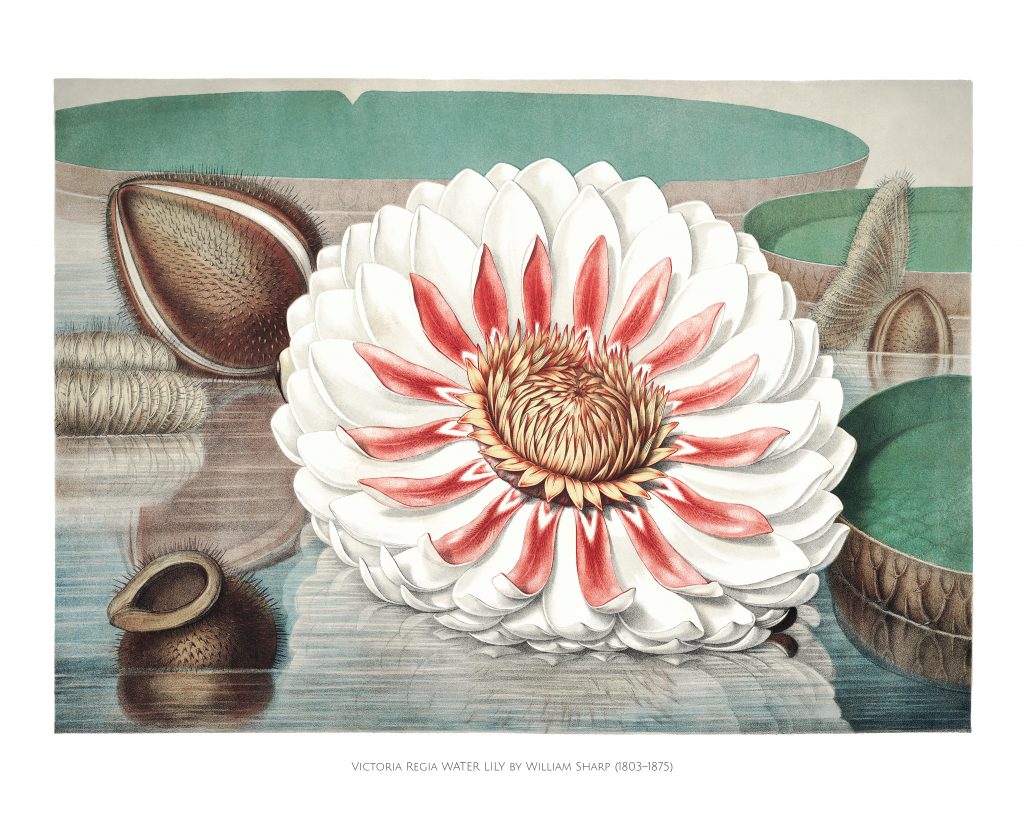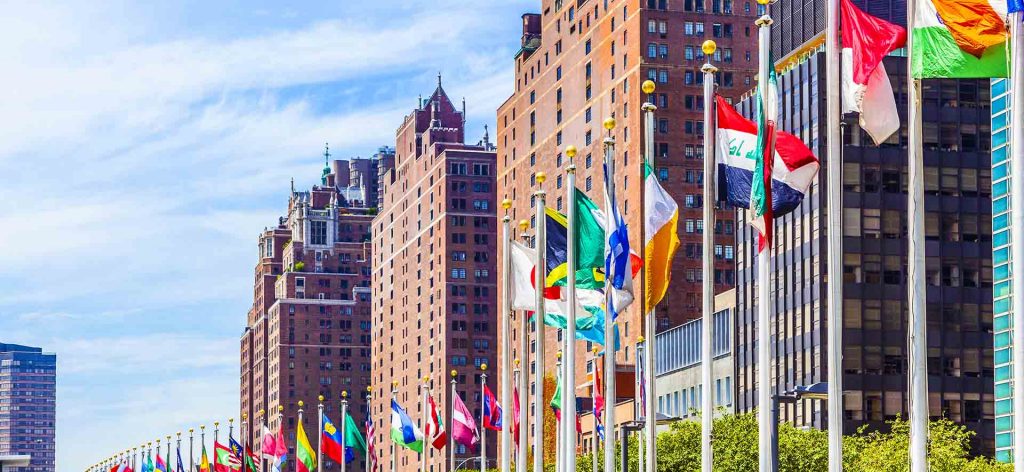We Are All Global Citizens | Seeing Ourselves in the Advancement of All
Our Keynote authors represent the Coalition for Global Citizenship (CGC2030). The Coalition, based at the United Nations Headquarters in New York, advocates that governments, public and private sectors, and civil society, all work from a basis of values of just and fair treatment, inclusion and cooperation. CGC2030 is dedicated to a world in which human dignity and the fulfillment of our basic human rights are assured.
Global Citizenship Is a Consciousness
Every sentient being is a global citizen who is interdependently co-arising with every other being and with the Earth itself. The global citizenship movement is part of an emerging global shift toward establishing our innate mutuality as the basis for decision-making and policy development. The practice of global citizenship is Golden-Rule compliant and common good centered.
The term “global citizenship” denotes that:
- everyone deserves to live and work with dignity and in fulfillment of the Universal Declaration of Human Rights
- happiness, wellbeing, and inner and outer peace are inalienable rights.
Global citizenship provides a contextual basis for creating a more peaceful, compassionate, and just world by switching the emphasis away from stopping the bad and toward securing the good for all.
Social diseases like hunger, poverty, and slavery are symptomatic of deeper, systemic failures. Philanthropic social development and aid projects fall frustratingly short because they are aimed at rectifying symptoms of inherently unjust systems, and because they are generated from within those same systems. Einstein told us decades ago that we cannot solve a problem from within the system that created it. Accordingly, global citizenship distinguishes a new systemic platform where universal wellbeing is a central organizing principle—not something that comes after financial and political priorities, but a basis that is established as primary to all other decision-making.
The global citizenship lens shifts the focus from pushing back against symptoms like poverty and injustice, and toward creating new systems that fundamentally cannot accommodate the social diseases that produce those symptoms. Global citizenship entails development of new cultural architecture, including new structures, new beliefs, and new commitments. The global citizenship movement is aimed at building infrastructures, policies, and practices that expedite universal values like unity, loving our neighbors, and personal and communal resilience.
The work of building a thriving global citizenry is not to just rid ourselves of problems like violence, pollution, and poverty, because it is not rational to believe we can eradicate aspects of a system and expect the rest of that system to sustain. The work of global citizenship is not sustaining. It’s not even transforming, although transformation is important. Creating a robust global citizenry is about transfiguring governments, civil society, UN entities, and our financial institutions such that dignity, happiness, and wellbeing for all come first.
The distinction of global citizenship represents an ontological shift, that is, a shift in our ground of being. Problems like corruption, famine, and environmental degradation are so endemic in our current ontological ground of being that they are accepted as inevitable norms. Global citizenship establishes new cultural ground such that systemic injustices are not only no longer considered normal, but are on the way to becoming artifacts of the past. The global citizenship movement is creating a new cultural ontology where problems like poverty and disenfranchisement simply cannot root.
Earth Aerials
These lofty views of the Earth remind us of her borderless beauty. (click to enlarge)
“The global citizenship movement is aimed at building infrastructures, policies, and practices that expedite universal values like unity, loving our neighbors, and personal and communal resilience.” – Joni Carley
Beyond the Constituency
The body politic has been likened to the human body: its advancement as a whole is best served by the collaborative functioning of its subsidiary parts. In a world becoming more interdependent by the day, the importance of these ties is clear. Yet, today, it seems like the individual parts each function for themselves, not the whole. The transformation required for humanity to continue to advance calls for a profound reassessment of the parts—the various constituency-based identities we hold so dear.
This is not to undermine healthy forms of identity. The legitimate pride members might feel about advances made by their group, or the power of collective action taken around shared concerns, could be likened to strengthening muscles or increasing lung capacity within the body. These dimensions of human existence are helpful insofar as they work in service of the whole. But to the degree that attachment to limited definitions of “we” undermine collective well-being, they are no longer productive.
This is not an issue of parochialism alone. Clearly, it is problematic if I care primarily for those who are demographically similar to me, and exclude others from my circle of concern. Yet a more subtle challenge lies at the structural level. More and more, we recognize that a roomful of people who are all committed to the advancement of humanity in its entirety will, nonetheless, struggle to the degree that their efforts are pursued through the paradigm and machinery of constituency constructs.
From a historical perspective, the capacity to conceptualize humanity as an organically united whole is both recent and quite revolutionary. Our ancestors gradually developed more expansive notions of identity as society was organized at wider and wider scales. But, by and large, a global vision was not required for the species to advance. Today, human activity in one corner of the world can have profound effects in another. If we ignore the reality of our unity, we do so at our own peril.
Given the historic changes of the past two centuries, it is not surprising that our social institutions struggle. Most were initially established to serve a geographically limited, and often relatively homogeneous, population. Those numerous systems and structures were then gradually linked to one another through the web of treaties, agreements, and institutions known today as the multilateral system. These were steps forward, to be sure. But today’s patchwork system of rigid sovereignty overlaid over increasingly fluid and cross-cutting identities is altogether insufficient, whether at the global, national, or even local level.
The United Nations, an institution with which I am closely involved, provides a case study in the advances humanity has made in recent years within the limitations of constituency-first thinking. Created from the ashes of a war that saw the horrors of discrimination in all its forms, the UN did much to advance thinking around collective needs and aspirations. To “achieve international co-operation in solving international problems” (a notion that is taken for granted today, but which is profound in the scale of human history) and “promoting and encouraging respect for human rights and for fundamental freedoms for all without distinction as to race, sex, language, or religion” are among the visionary aims enshrined in the UN’s founding charter. And, at its inception, the member states acknowledged the relationship between the advancement of the particular and the advancement of the whole, with perhaps more clarity than at any previous time in human history.
Global Citizenship is a Consciousness, cont.
Establishing new ontological ground requires a re-valuation of what we value. The ontology of our current paradigm includes the myth that we cannot afford to focus on intangible values like happiness and wellbeing. But when values-driven decision-making happens, international studies from just about every sector show that almost all social and economic indicators go up, often significantly. The promise of global citizenship can only come to fruition by way of prioritizing values fulfillment. The global citizenship paradigm situates values at the center of organizational structures. It places greater economic and social valuation on the things that vitalize life—like satisfaction and good relationships—while it places far less valuation on things like militarization and materialism. The vision for a happy and well global citizenry is taking hold as the world is realizing that if we do not place higher valuation on things like love and connectedness, we are never going to get to peace.
Whether and how we realize a global citizenship ontology is a matter of consciousness.
One of the greatest pioneers of quantum theory, Nobel Science Prize Winner Max Planck, said, “I regard consciousness as fundamental. I regard matter as derivative from consciousness.” In other words, all that we manifest originates with consciousness, which is an inner domain of reality. That means humanitarian problems are first and foremost the result of a crisis of consciousness. Consciousness is root causal. It is our access route to moving beyond symptomatic fixes. Achieving a robust global citizenry entails a conscious shift away from accepting social failings as inevitable, and toward establishing norms for every sentient being going to sleep safe, fed, and warm.
Consciousness is the domain where we can wrestle with the role that spiritual poverty plays in economic and social poverty. The movement toward global citizenship recognizes that it is not enough to spend billions of dollars on social service programs while disregarding the human spirit. Rather than relying on economic indices that are horrifically inconsistent with what people value most, global citizenship norms include apt valuation for what feeds the heart and soul.
The compassionate and just world we all want to live in can only emerge by evolving our personal and collective consciousness—starting with monitoring our language—which is the out-picturing of our consciousness. Transforming the human experience happens with changing the stories we tell and with evolving the way we think about the stories we hear. The global citizenship platform provides a means for stopping the proliferation of the story of a world where mass suffering is an inherent reality. It establishes new ground for evolving our ideas and stories about nature, about our place in the circle of life, and about the role we all play in establishing peace in and around ourselves.
Social problems are largely a result of collective choices. Our day-to-day, mostly unconscious, choices tend to conserve the cultural basis in which our social problems are rooted. Global citizenship is primarily a state of consciousness that brings new light to the choices we make. Building a robust global citizenry requires that we make new choices and that we ask new questions. Rather than asking how we can sustain, the global citizenship perspective asks: “Who do we need to be at our personal and collective core, and how do we need to structure our civic lives, in order to choose a new story where all global citizens live in vibrant interdependency?”
~ Joni Carley
Beyond the Constituency, cont.
This line of thinking has been challenged in recent years. Narrowly-conceived state sovereignty has regained ascendency, and its logic of placing in-group interests above all others has been extended to numerous forms of identity. Means intended to advance the common good have been taken as ends in themselves: the human body is being sacrificed for the advancement of its constituent elements. Within the biological realm, this would be a description of cancer. And it is definitionally unsustainable.
Clearly, a cultural shift is needed. Paradigms that place the advancement of limited constituencies in opposition to the well-being of the whole must be replaced by those that value the progress of both as indivisible and complementary. If we hope for a world that does not pit one group against another, we must practice living in that way. If we aspire for relationships of trust to characterize the international order, we must demonstrate our own trustworthiness. The dangers of adversarialism and political posturing must be acknowledged as we engage in our advocacy and policy work.
With humility, we must be willing to admit how much remains beyond our current knowledge and comprehension. None of us knows what a civilization free from hunger looks like or how a society that truly reflects the equality of women and men functions. Laying such foundations will require a posture of inquisitiveness and detachment, an approach centered on learning and a generation of knowledge and insight. In frankly acknowledging our present limitations, we must also have faith that the knowledge, capacities, and potential of the varied segments of humanity will allow us to overcome our ills. In this sense, conceiving of each constituency as a piece of a larger puzzle may be helpful. It allows us to see ourselves in the rich tapestry of the entirety of humanity. Moreover, it speaks to the benefits of retaining a vision of the oneness of humanity as we work together to construct more humane and elevated models of civilization.
The world is often approached today through socially-constructed categories such as nationality, religion, and race. Ironically, the one element not constructed in this way—our common human-ness—has not been seriously considered as the starting point of thoughtful deliberation on the challenges we face. This is curious, indeed, given that the oneness of the human family uplifts conceptions of identity and belonging. It is expressed not only in our political and philosophical thought, but also in the spiritual and ethical traditions that have shaped personal lives and anchored civilizations. “The earth is but one country and mankind its citizens,” declare the holy writings of my own religious tradition, the Baha’i Faith, giving expression to the universal spiritual truth that all are created in the image of God. The task today is to give practical expression to this ideal within the context of an emerging global civilization—to translate that which has been written into reality and action.
In response to a perspective such as the one above, many would rightfully wonder about the implications for our day-to-day endeavors. A few points in this respect bear mentioning: first is the humility and willingness to learn inherent in this approach which allow for us to demonstrate greater flexibility, devoid of ego or pride, in the face of new information. Second is to see the nobility and dignity in all, regardless of secondary aspects of identity. Being a global citizen essentially gives permission to the human heart to empathize, to connect, and to convey joy and optimism to those around us. Though there are many other ways-of-being consistent with global citizenship, perhaps most impactful is how we choose to demonstrate our commitment to the oneness of humanity through our daily actions: from how we spend our money, to how we organize and use our time. All of our choices leave a trace in the world around us. Everyone makes decisions that reflect their values. Those that reflect oneness and contribute to unity will redound to the benefit of humanity.
Every cell of the human body, every piece of the puzzle, is, by definition, a part of a larger system. Likewise, every human being is a part of the body of humanity. With this as the starting point, the contributions of each constituency can take their rightful place in service to the whole. Otherwise, the puzzle will remain unfinished and its potential unrealized.
~ Daniel Perell













